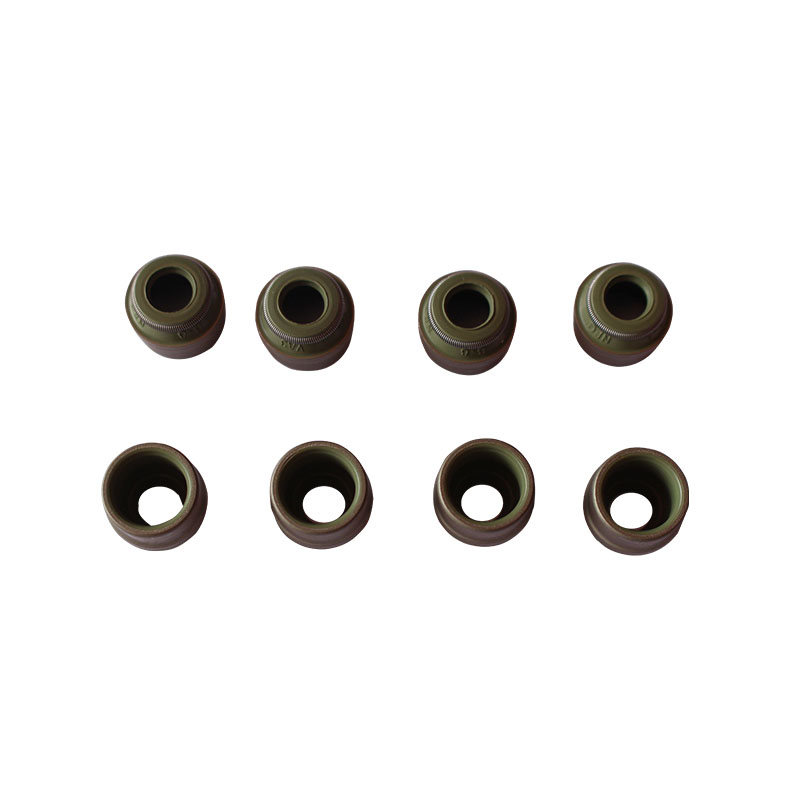Understanding Ship Propeller Shaft Bearings and Their Importance in Marine Engineering
The Importance of Ship Propeller Shaft Bearings
In the realm of marine engineering, ship propeller shaft bearings play a crucial role in ensuring the efficient operation and longevity of a vessel. These bearings are fundamental components that support the propeller shaft, which is responsible for transferring power from the engine to the propeller, thereby enabling the ship to move through water. Given the significant stresses and environmental conditions that these components must endure, understanding their design, function, and maintenance is essential for any maritime operation.
Understanding Propeller Shaft Bearings
At its core, a ship propeller shaft bearing serves as a support for the shaft that connects the engine to the propeller. Typically, these bearings are found in two main types radial and thrust bearings. Radial bearings support the shaft in a radial direction, while thrust bearings manage axial forces acting along the shaft. Together, they ensure that the shaft remains stable and properly aligned during operation, which is critical for preventing vibrations and excessive wear.
The materials used in construction vary, and they often include bronze, stainless steel, or composite materials. Each of these choices has implications for performance, lubrication requirements, and resistance to corrosion. Given the harsh salty environments in which many ships operate, anti-corrosive properties are particularly important.
Operational Challenges
The operational environment of a ship presents unique challenges for propeller shaft bearings. Exposure to seawater, high pressures, and dynamic loads necessitate frequent checks and maintenance to prevent failures. Corrosion is a major concern, especially in the presence of galvanic currents, which can erode bearing surfaces over time. Moreover, the movement of the propeller generates forces that can lead to misalignment, further complicating the bearing's role.
Heat generation is another critical factor. As the shaft rotates, friction at the bearings generates heat, which needs to be managed to prevent failure. Insufficient lubrication can lead to increased wear and damage. Therefore, regular monitoring of bearing temperatures and ensuring adequate lubrication levels is vital for operational integrity.
ship propeller shaft bearing

Maintenance and Inspection
To ensure the longevity of propeller shaft bearings, routine maintenance and inspection are paramount. Maintenance protocols typically include regular checks for wear, corrosion, and lubrication. Operators often employ various lubricants—greases or oils designed to withstand high pressure and prevent water infiltration. Lubrication systems must be checked frequently, and any signs of contamination should be addressed immediately.
Inspection techniques have also evolved, incorporating advanced technologies like ultrasonic testing and infrared thermography. These non-destructive methods allow engineers to evaluate bearing conditions without dismantling the machinery, saving both time and resources.
Innovations in Bearing Technology
As technology advances, so too does the design and functionality of ship propeller shaft bearings. Innovations in materials science have led to the development of self-lubricating composite materials that can withstand high pressures and corrosive environments. These materials reduce the need for regular lubrication maintenance and offer improved resistance to environmental deterioration.
Another exciting advancement is the integration of smart technologies. Sensors can now be embedded in bearings to monitor conditions in real-time, sending alerts for maintenance needs before significant failures occur. This predictive maintenance approach can save ship operators considerable time and money while improving overall safety.
Conclusion
Ship propeller shaft bearings are more than mere components; they are vital elements that ensure a vessel's operational efficiency and safety. Understanding their role, challenges, and maintenance practices is essential for all those involved in maritime operations. As technology advances, the evolution of bearing materials and monitoring systems holds the promise of significant improvements in performance and durability. By prioritizing proper maintenance and embracing innovation, the maritime industry can continue to enhance ship reliability and operational effectiveness.
-
Simplifying Oil Changes: A Comprehensive Guide to Oil Drain Plugs and Their Variants
News Aug.04,2025
-
Mastering Oil Drain Maintenance: Solutions for Stripped, Worn, and Upgraded Oil Plugs
News Aug.04,2025
-
Fixing Oil Pan Plug Issues: Leaks, Stripped Nuts, and the Right Replacement Solutions
News Aug.04,2025
-
Everything You Need to Know About Oil Drain Plugs: Sizes, Fixes, and Upgrades
News Aug.04,2025
-
Choosing the Right Oil Drain Plug: A Guide to Sizes, Materials, and Drain Innovations
News Aug.04,2025
-
A Complete Guide to Automotive Drain Plugs: Types, Problems, and Innovative Solutions
News Aug.04,2025
-
The Ultimate Guide to Car Repair Kits: Tools and Essentials Every Driver Should Own
News Aug.01,2025
Products categories















